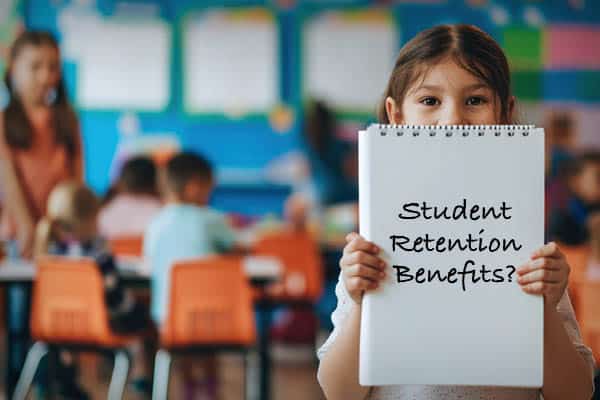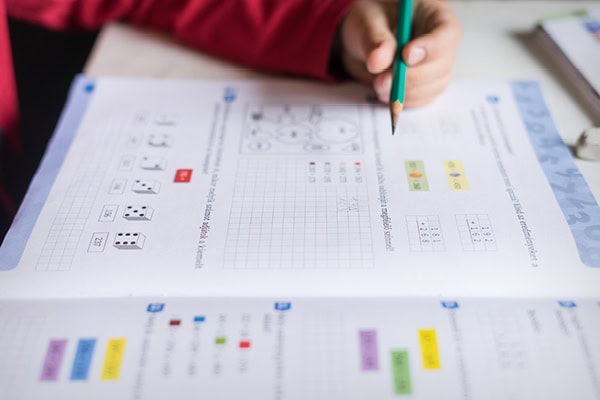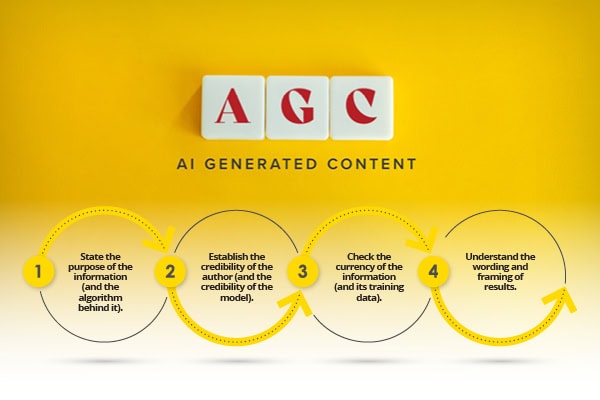Underperforming Indiana third graders who are held back show significant progress for the next five years, a research study has found, The 74 reports.
The study examined data from 2011-12 to 2016-17 and found that students who were retained in third grade scored about 18 points higher in English language arts and math in fourth grade than low-performing peers who were not retained. The gains continued through seventh grade, though at a slower rate.
Despite this progress, the number of Indiana students held back after third grade has been declining for years, sliding from 2.4%, or 1,535 students, in 2013 to 1.25%, or 762, in 2016.
Those 762 students were among 3,500 who did not pass the Indiana Reading Evaluation and Determinations, also known as IREAD3, in 2016 after being allowed to retake the exam over the summer. This year, nearly 5,000 students failed the test. State officials did not answer a request for information about how many of them repeated third grade.
The study found no increases in absenteeism or discipline problems among students who were held back and showed positive benefits regardless of the student’s race, gender or family socio-economic status.
Indiana law allows for good-cause exemptions, which allow some third graders who don’t hit the required score to advance anyway. These include English learners, special education students and those who have already been retained twice.
More than half the states allow or require schools to retain low-performing students after third grade, but the number actually held back seems to be shrinking. In Florida, for example, the retention rate went from 15% in 2002 to just 6% in 2010, according to a study by the RAND Corporation.
In Tennessee, where a new law threatened to hold back thousands of third graders, just 900 of the 44,000 students who scored low enough were actually held back. That’s 1.2%. Nearly 4,400 students were granted waivers to advance to the fourth grade after their parents appealed.
Reading experts said the research on retention is mixed. “We’re not seeing long-term benefits,” says Danielle Dennis, dean of the University of Rhode Island’s College of Education. “There’s been very little research [tracking students] into high school.”
She wonders if gains in Indiana came, in part, because such a small percentage of students were held back. Paying for an additional year of school and offering remediation would be harder with a significantly larger group, she says.
“Overall, the weight of research evidence continues to be that there are not long-term benefits of retaining students,” says Nell Duke, executive director of the Center for Early Literacy Success and a professor of education and psychology at the University of Michigan.
“I would characterize retention as not a high-priority policy move to improve long-term literacy. There are ways to spend funds and energy that are likely to have more lasting results,” Duke added.
She also disputes the notion that the end of third grade marks a key change for students from learning to read to reading to learn: “Today’s standards expect children to learn from reading well before third grade, and students can continue to develop as readers, with proper instruction, well after fourth grade.”
The 74





